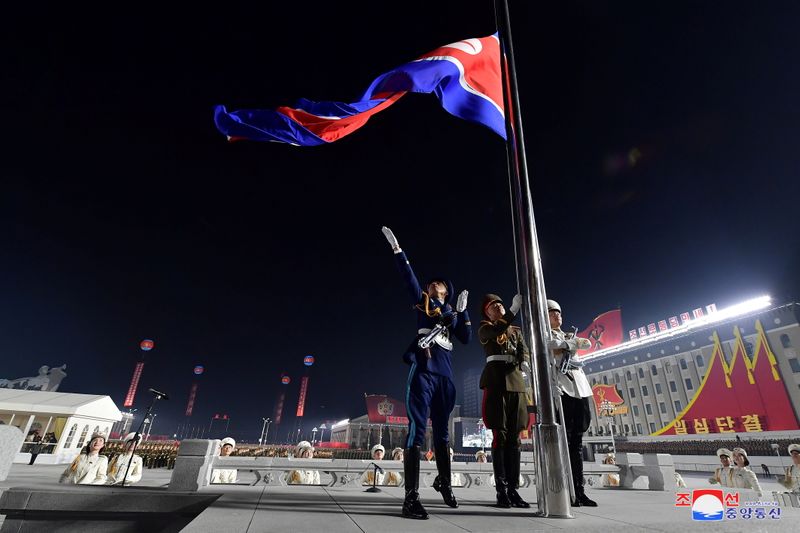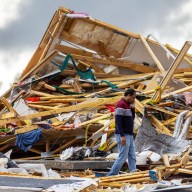GENEVA (Reuters) – Torture and forced labour are rife in North Korea’s prisons, amounting to possible crimes against humanity, the U.N. human rights office said on Tuesday, as the Biden administration weighs fresh sanctions over Pyongyang’s nuclear programme.
The report, issued seven years after a landmark U.N. investigation found that crimes against humanity were being committed, also said that political prison camps run by security forces still persisted, although information is more scarce.
“Not only does impunity prevail, but human rights violations that may amount to crimes against humanity continue to be committed,” Michelle Bachelet, U.N. High Commissioner for Human Rights, said in a statement.
She urged world powers to pursue justice and prevent further violations. The report called for the U.N. Security Council to refer the Democratic People’s Republic of Korea to the International Criminal Court for prosecutions or establish an ad hoc tribunal.
“Accountability for grave human rights violations and ongoing crimes against humanity should not be a secondary consideration in bringing North Korea to the negotiating table,” U.N. human rights spokeswoman Ravina Shamdasani told Reuters.
U.S. Secretary of State Antony Blinken, speaking on NBC News on Monday, said additional sanctions could be used against North Korea in coordination with U.S. allies as a way toward denuclearization of the divided Peninsula. Other tools include unspecified diplomatic incentives, he said.
North Korea denies the existence of political prison camps and last July denounced Britain for announcing sanctions against two organisations that the British government has said are involved in forced labour, torture and murder in the camps.
The U.N. report, citing interviews with former detainees, said it continued to receive “consistent and credible accounts of the systematic infliction of severe physical and mental pain or suffering upon detainees, through the infliction of beatings, stress positions and starvation in places of detention.”
This reconfirmed the 2014 findings of the U.N. inquiry, led by former Australian judge Michael Kirby, and “indicates that the crime against humanity of torture continues to take place in the ordinary prison system,” it said.
Forced labour, “which may amount to the crime against humanity of enslavement” also persists in prisons, it said.
(Reporting by Stephanie Nebehay; Editing by Giles Elgood)



















